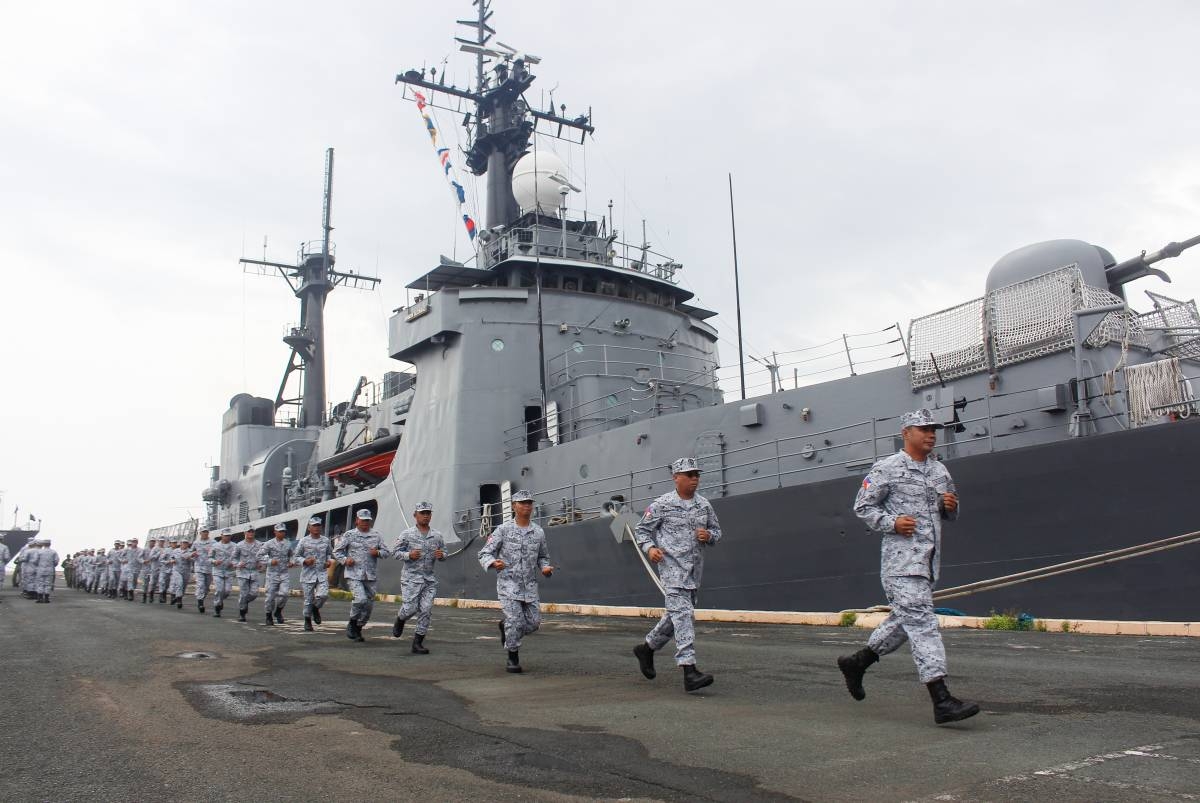Table of Contents
To further strengthen its maritime security and domain awareness
The Philippines has taken a series of measures in response to China’s aggressive actions in the West Philippine Sea (WPS). One of the key initiatives is the issuance of Executive Order 57 (Series of 2024), signed by Executive Secretary Lucas Bersamin on March 25. This executive order acknowledges the “serious challenges” posed by China’s activities in the disputed waters and emphasizes the need to protect Philippine sovereignty and the peaceful existence of Filipinos.
Addressing crosscutting issues
EO 57 addresses a range of crosscutting issues that threaten the country’s national security, sovereignty, sovereign rights, and maritime jurisdiction. To achieve a unified and effective governance framework for maritime security, President Ferdinand Marcos Jr. has directed the renaming and reorganization of the National Coast Watch Council (NCWC) to the National Maritime Council (NMC). The NMC will be responsible for formulating policies and strategies to ensure coordinated efforts in safeguarding the country’s maritime interests.
The composition of the National Maritime Council
Under the leadership of Executive Secretary Lucas Bersamin, the NMC will comprise key members from various government departments, including the Department of National Defense, National Security Adviser, Department of Agriculture, Department of Energy, Department of Environment and Natural Resources, and Department of Foreign Affairs. Additionally, the secretaries of the Department of Finance, Department of the Interior and Local Government, and Department of Transportation will also be part of the NMC, along with the Solicitor General and the Director General of the National Intelligence Coordinating Agency.
The role of the Presidential Office for Maritime Concerns
As part of the executive order, the NCWC Secretariat will be renamed the Presidential Office for Maritime Concerns (POMC). The POMC’s role will be to provide consultative, research, administrative, and technical services to the NMC, ensuring the efficient implementation of the council’s policies. Furthermore, the executive order designates the Presidential Assistant for Maritime Concerns (PAMC) to report directly to the President on critical matters related to maritime security and domain awareness.
Enhancing maritime security
To enhance operational capabilities in the West Philippine Sea, the National Maritime Center, previously known as the National Coast Watch Center, will be responsible for implementing and coordinating maritime security operations. Additionally, the National Task Force for the West Philippine Sea (NTF-WPS), created through EO 94 (S. 2016), will be attached to the NMC. The NTF-WPS aims to orchestrate and synchronize the capabilities of different agencies for unified actions in the West Philippine Sea.
Consultations and response to China’s actions
The development of EO 57 was a result of extensive consultations held by President Marcos with the government’s security and defense clusters. These consultations aimed to devise a strategy to address the long-standing territorial dispute with China and counter its perceived bullying in the region. In light of recent aggressive actions by the China Coast Guard and Chinese maritime militia, President Marcos has pledged to respond in a “proportionate, deliberate, and reasonable” manner. The Philippines continues to engage with its allies, partners, and friends in the international community to effectively address these challenges.
Commitment to safeguarding maritime security
Overall, the issuance of EO 57 underscores the Philippine government’s commitment to safeguarding its maritime security and asserting its sovereignty in the face of China’s aggressive actions. By strengthening maritime security and domain awareness, the Philippines aims to protect its territorial integrity, promote peace, and ensure the safety and well-being of its people in the West Philippine Sea.
Source: The Manila Times








